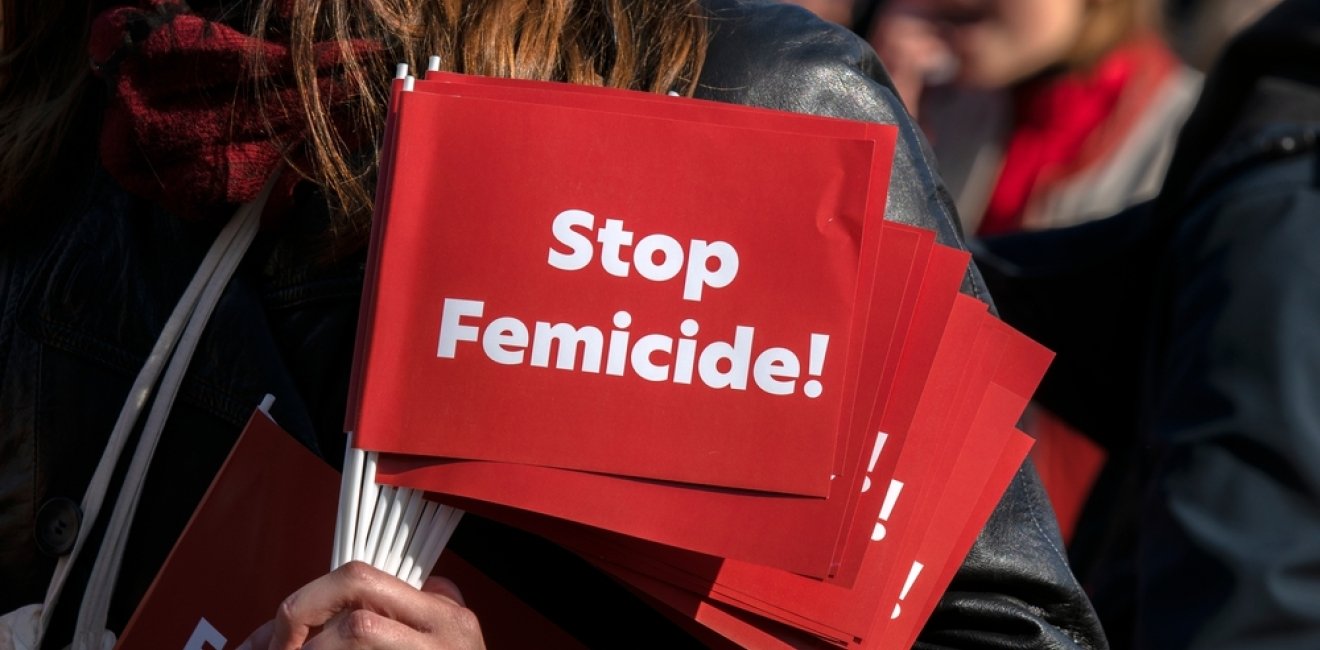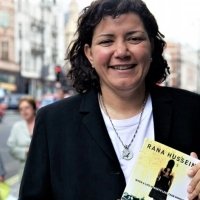Enheduanna: Can you describe the number of femicides in Jordan over the past year?
Rana Husseini: [In Jordan], I believe the number of femicides is on the decrease because of awareness among the population regarding the importance of finding better solutions and strategies to combat violence against women or femicide in general.
Also, because of the extensive media coverage and social media platforms, I feel that there are more people against gender-based violence and femicide. I can read it in their comments. Of course, there are still people who are with [it], but in general, more people are against [GBV].
In terms of demographics or areas, usually [GBV and femicide occur] where there are more crowded areas and higher populations. I would say the numbers are centered in the capital, Amman, as well as Irbid and Zarqa, the highest population centers.
When there is poverty and financial constraints, this increases the possibility of individuals committing violence regardless of their background. But anyone could—even a doctor—practice some sort of violence. It doesn’t matter [if you are] rich or poor. But, when you have financial problems in society, you have more problems in general.
In general, I think violence against women—of course, it’s a worldwide phenomenon—I see Jordan’s numbers similar to international numbers.
How effective are laws at deterring femicide and at providing justice in cases of femicide?
The government adopted several measures over the years, such as improving their investigations of femicides and taking these murders seriously. This is very important because the type of investigations have changed. Now, they focus on protecting the rights of the victim. Also, the code of verdicts has become stricter—it is tougher against the perpetrators when it comes to femicides and so-called honor killings. People in general and lawyers know that perpetrators are no longer going to escape punishment.
In the past, when I started in the nineties to report about so-called honor killings, perpetrators would get three to six months. Starting from 2009 onward, the justice system changed its approach; some laws were changed, and this resulted in perpetrators receiving a minimum of seven and a half years to life. This is a major change. This started to treat these crimes as regular homicides. Of course, we wish that no women are killed, but if a woman is killed, at least, to preserve their rights.
Who is working on the issue on the ground? What is the theory of change? What impact have you seen over the years since you began covering this topic?
The women’s groups are still going on with their work. But, of course, there are now younger generations using social media platforms. There are some pages on Instagram that are addressing femicide and GBV and talking against injustices against women. They are trying to use social media to create a dialogue among the population and to raise awareness. Things are going well in Jordan when it comes to addressing GBV and femicide when it comes to raising the public’s awareness, the laws that change, and the services that are provided by the government, such as opening a shelter for abused women and a safe house for women whose lives are in danger.
The government is now acknowledging that there is a problem—that is important since when the government acknowledges that there is a problem, then it is their responsibility to find solutions for it. So, I think all in all, I see positive change and I would say this change gives me hope. I never imagined that the changes that happened to the law, the opening of safe facilities, the raising of awareness, and the government’s acknowledgment would happen in my lifetime. Jordan’s experience is important for people, activists, and groups working abroad to learn from.
This transcript has been edited for clarity.
The views represented in this piece are those of the author and do not express the official position of the Wilson Center.









